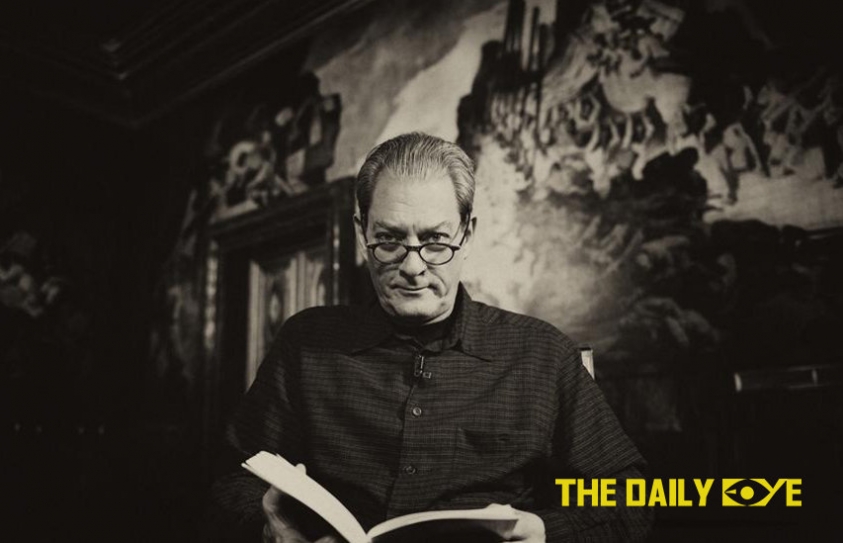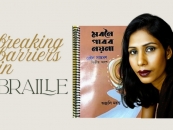Paul Auster’s 4321 has made it to the Man Booker Award shortlist this year—the extraordinary 880-page tome that is as much about its protagonist Archie as it is about America. As Auster narrates not one but four stories about Archie, he captures the most turbulent era of the 20th century.
The novel is about Archibald ‘Archie’ Ferguson, born to the Jewish Stanley Ferguson and Rose Adler, in 1947 (around the time Auster was born), but it follows four different paths his destiny would take, and how his life would play out with each different turn. To quote from the synopsis, “Identical but different, meaning four boys with the same parents, the same bodies, and the same genetic material, but each one living in a different house in a different town with his own set of circumstances."
Auster writes about Archie’s growing up, his friendships and passions, but if there is one major event in one of his life it affects the outcome of the story, and Auster weaves in and out of four parallel narratives (actually three and a bit, because in one, Archie dies at thirteen). And the scope of the sprawling novel/s covers contemporary American social history (notably the Vietnam War, the Cold War, the race riots, students movements, sports highlights and historical figures like J.F. Kennedy and Martin Luther King) with great astuteness. The book that reportedly took Auster over three years to write is a near masterpiece, never mind the repetition and some confusion (for the reader).
The destinies of the characters in Archie’s life also alter according to his; in one his father’s home appliances business is ruined, in another it thrives, in a third his father is killed, in all of them his uncles turn out to be greedy and manipulative. His mother remains a photographer, but marries either Gilbert or Dan Schneiderman and depending on that his relationship with Dan’s daughter Amy develops; and depending on which man his Aunt Mildred marries, his best friend Noah Marx (the husband’s son from a divorced wife) enters his life or does not meet him.
As the stories progress, readers can only shake their heads in admiration and fascination, as Auster keeps pulling out rabbits out of this marvelous literary hat in this novel of such structural complexity—how did he keep track of the four Archies and give them all clear graphs?
Over so many pages, it may not be possible to remember which Archie lost his fingers in an accident, which one spent months in Paris, which one had a gay affair, which one took up with his former teacher, and so on, but the stories are so absorbing that it does not matter. Whichever life Archie leads, it is fulfilling for him in its own way; he is lucky to get love, loyalty, good looks and talent, along with the usual amount of grief, loss, angst and disappointment. But in all his lives, he is fond of sports, movies, music, reading and writing. And in all of them, he dodges the draft.
Auster does not give Archie wildly different destinies, so it is an act of writerly dexterity to juggle four lives and make them all interesting while keeping within a particular suburban socio-economic circle, with the sophistications of New York and Paris tantalizing within reach. And, much to the delight of fans, Laurel & Hardy play an important part in Archie’s life. The two comedians—one fat, the other thin—were a rage at one time, now sadly forgotten. In of his avatars, the young author Archie writes a book titled How Laurel And Hardy Saved My Life.
4321
By Paul Auster
Publisher: Faber & Faber
Pages: 880





-173X130.jpg)

-173X130.jpg)
-173X130.jpg)

-173X130.jpg)
-173X130.jpg)
-173X130.jpg)